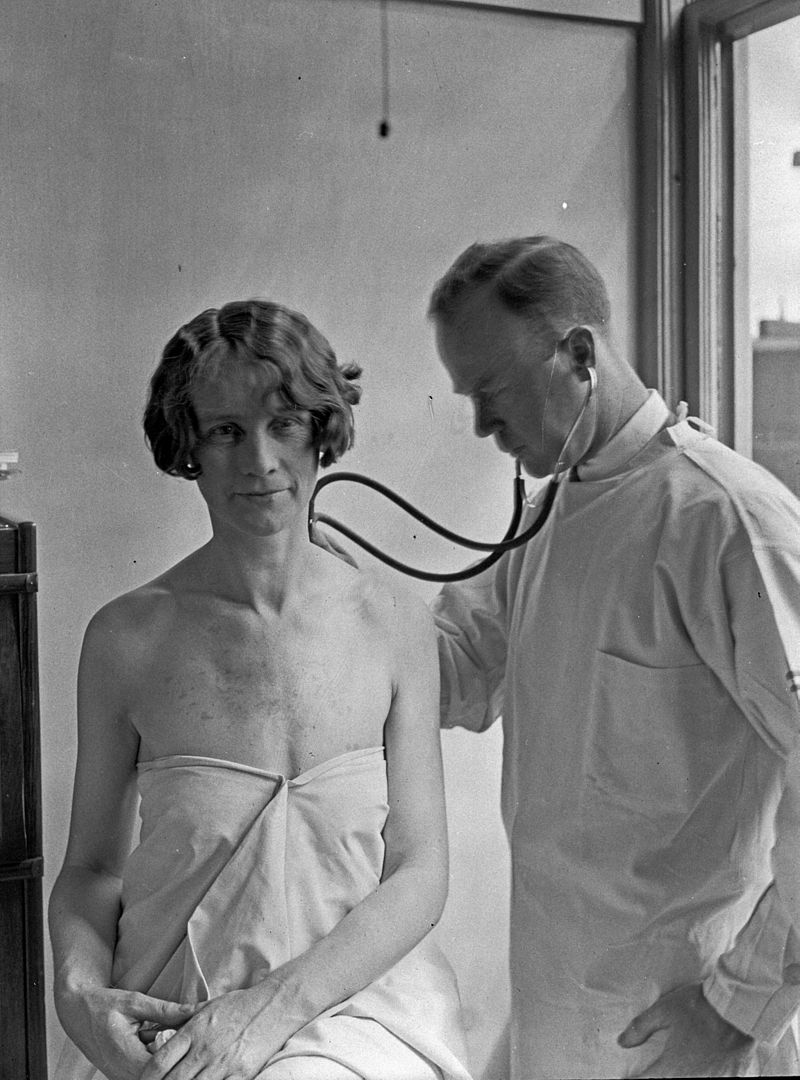The vaginal mesh, as the name suggests, is a mesh made of usually synthetic polymers, implanted to treat incontinence, the inability to hold urine, and pelvic organ prolapse. These are symptoms often associated with childbirth. The vaginal mesh aims to support organs, like the bladder, from deforming or pressing on neighboring organs, such as the vagina, in a woman’s pelvis. Women are recommended for this surgery as a “quick fix” to alleviate symptoms including pelvic pain or incontinence.
Unfortunately, many women have begun experiencing post-surgical complications, such as chronic pain and loss of sexual function, due to mesh malfunction. Others have developed a burning sensation in their loins in addition to lower body pain and bruising. In the U.S. alone there are 100,000 women in litigation after filing lawsuits against the device, and at least 800 more in the U.K. Complications can affect up to 40% of those who undergo the procedure, but this alarming statistic has not deterred women from electing to undergo the surgery. Why are women still being referred for this surgery: is it lack of awareness of the complications, or is it lack of concern?
To find some answers, we can start by looking into the history of how the vaginal mesh was approved as a medical procedure. Unlike the approval process for pharmaceutical drugs, there is no 3-stage, rigorous trial mandate for medical devices like the vaginal mesh. After just a few months of trial, these medical devices were sanctioned for use in surgery. Once precedence had been established for this type of device on the market, subsequent similar devices were approved immediately based on “substantial equivalence” to a previously approved device.
Matters are complicated by biotechnology companies having a financial stake in the success of their devices. Hungry for profit, these companies are less inclined to attend to the negative outcomes of their product.
Compounding this capitalistic motivation is social stigma. Women, because of the social stigma regarding vaginal problems, are conditioned to minimize their discomfort, and therefore problems solely affecting women are often overlooked. The Independent interviewed Dr Sohier Elneil, a consultant in utogynaecology at University College Hospital in London, U.K. who has been following the vaginal mesh scandal. Her and other gynecologists seem to agree that “there’s definitely a gender issue about it: a lot of women are just expected to carry on; many are told that it’s nothing serious.”
A combination of commercialization of medicine and gender bias have culminated in a dangerous situation for women. How are we supposed to trust medical procedures if they are driven by a capitalistic agenda? Is it a patient’s responsibility to stay informed on elective procedures, or does it fall on the doctors who recommend these procedures? If neither, are biotechnology companies at fault?
Regardless, this situation calls for a change in health policy and how medical devices are approved and developed. Hundreds of thousands of women have started filing lawsuits, still in litigation, against the vaginal mesh. The hope is to call in a new wave of health policy reform. It is time for women’s’ voices to be heard.
Feature Image Source: Doctor and patient in city hospital by Seatle Municipal Archives










